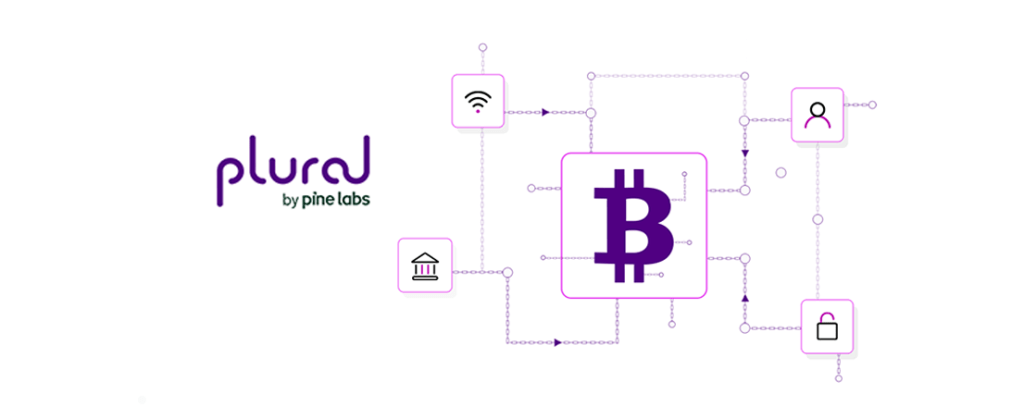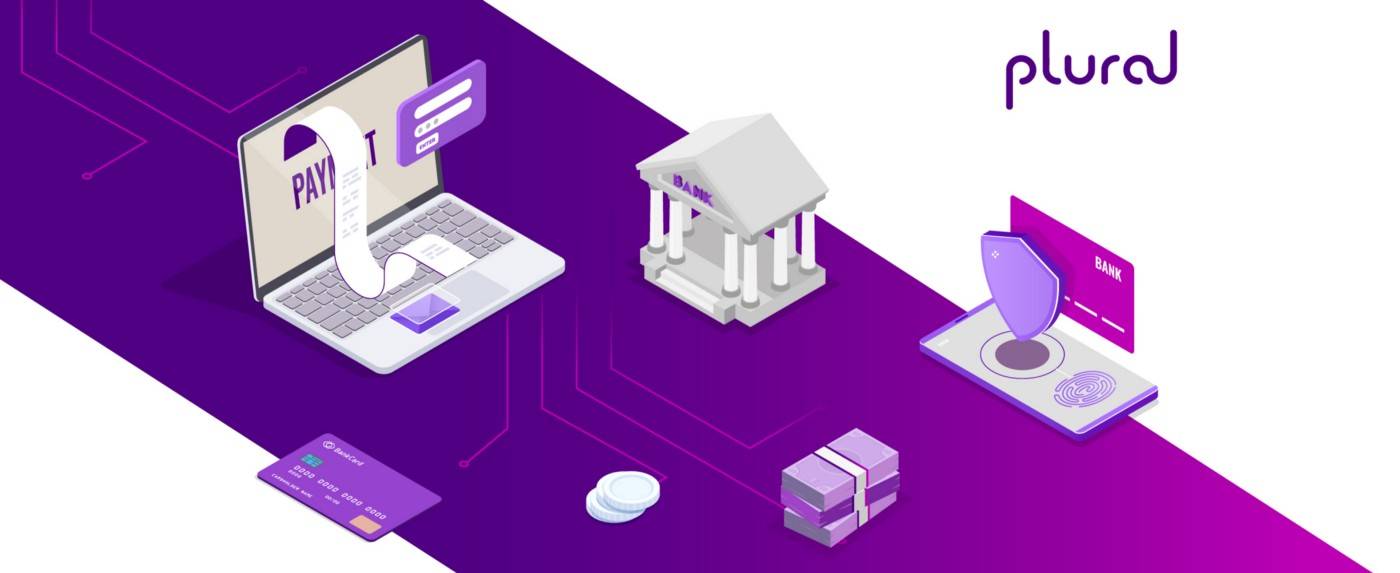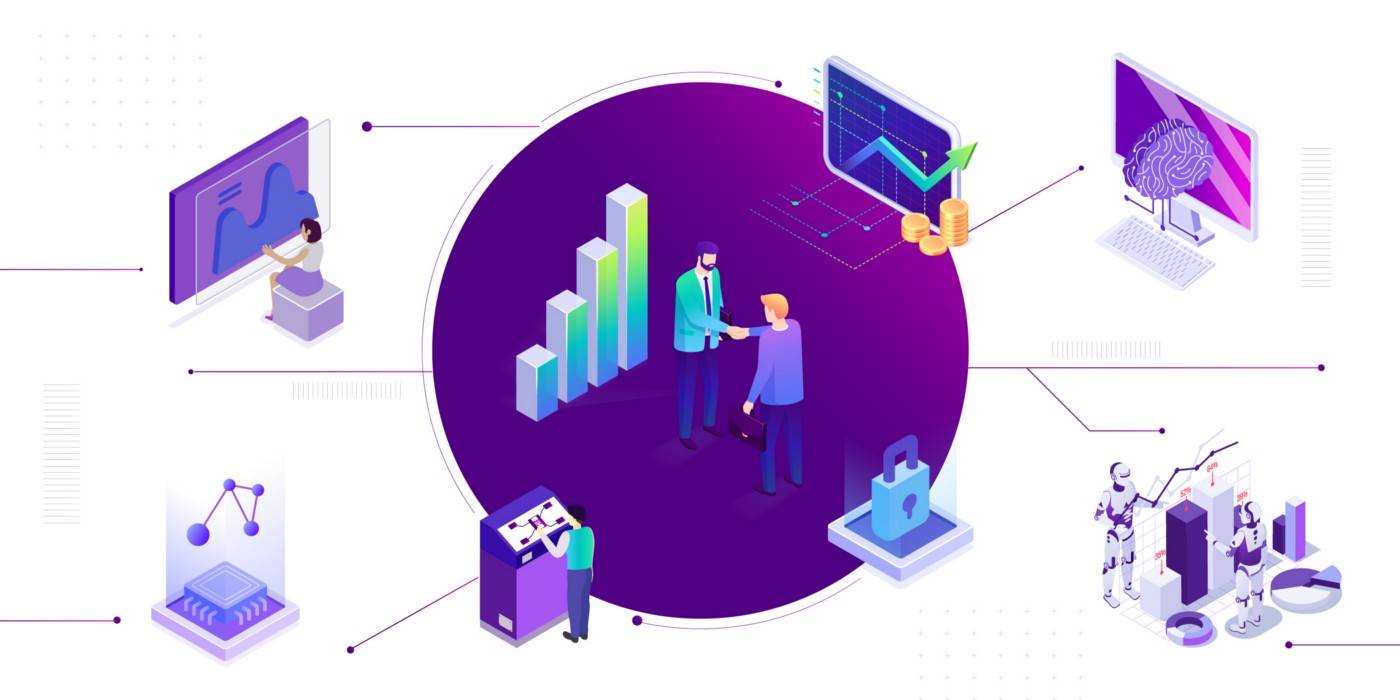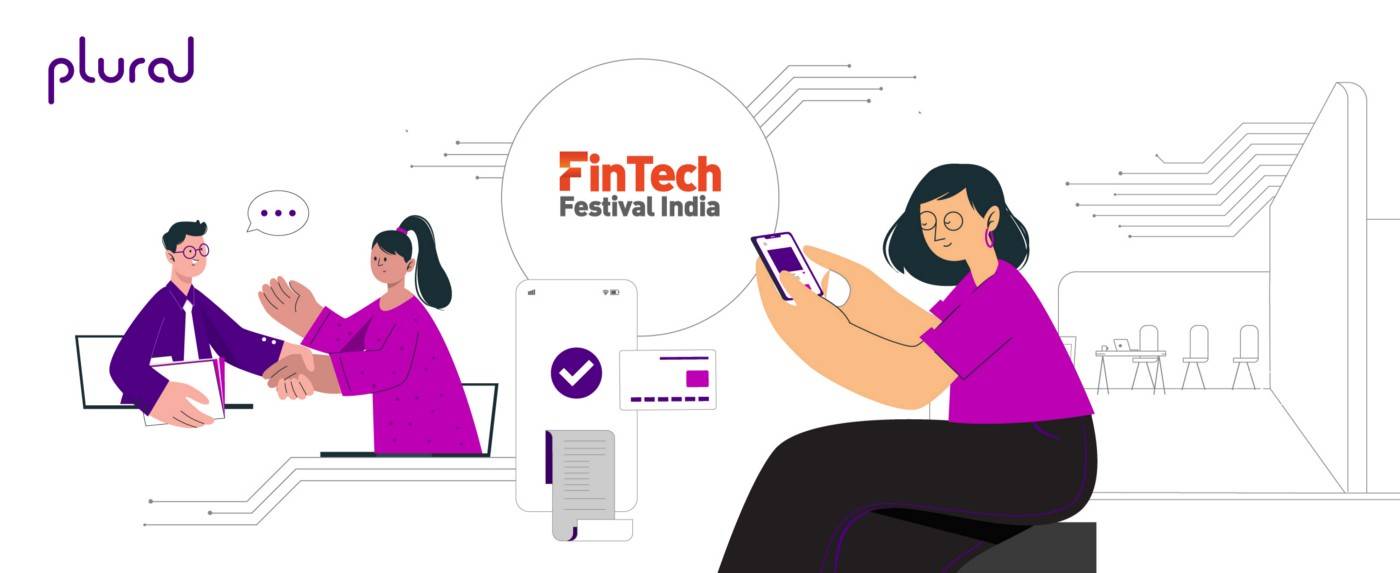Blockchain technology is essentially an encrypted distributed ledger scattered over digital networks. This mechanism promotes transaction transparency and doesn’t allow for any modifications to the recorded blocks. For this reason, blockchain payments offer great promise for the eCommerce industry.
Blockchain significantly reduces payment approvals and the time taken for a transaction to conclude because the verification is automated through smart contracts and distributed ledgers. As such, payments made over blockchain technology are fast, secure, and traceable.
Several interesting use cases and benefits arise from using this technology for the eCommerce payments ecosystem – let’s explore what they are.
Blockchain in payments: Use cases
Ranging from healthcare to finance, every industry globally has found a good use for blockchain technology for diverse applications. Since this technology is based on a decentralized network of nodes, it is also safe, immutable, and transparent.
This makes it possible to have sensitive information transacted safely over blockchain networks.
From securing financial transactions to conducting eContracts over this network, companies across the globe are leveraging blockchain for a wide variety of applications. Listed below are the most popular use cases of blockchain in payments:
DeFi
Blockchain can be leveraged successfully to create Decentralized Finance solutions to offer a secure platform for users to transact.
These solutions help eCommerce companies or vendors to establish a direct connection with their buyers without having to include intermediaries to facilitate payments.
P2P
P2P transactions occur when one individual transfers funds or assets directly to another into their bank account. Such transactions often require mutual agreement between both parties. The respective financial institutions then verify this before the transaction can take place.
Blockchain can establish seamless P2P mechanisms and sidestep all security queries because of their decentralized architecture and robust security and encryptions.
NFT
Non-fungible tokens are emerging as a promising avenue for trade and investment in the future. Blockchain offers a secure environment for creating marketplaces and payment solutions that assist with fraud-free and efficient trade of NFTs between buyers and sellers.
Solutions for this purpose can also include wallet-like apps that support the storage, sending and receipt of funds over the blockchain.
Metaverse
For platforms like Metaverse and other social commerce apps, blockchain has tremendous applications in providing secure payment solutions to buyers.
Blockchain-based payment solutions are highly scalable and able to grow with the follower base of a brand, providing reliable services as and when needed.
Trade finance
Blockchain has been pivotal in facilitating trade activities across borders. The major challenge with traditional trade finance is the paperwork and other time-consuming formalities involved, like bills, invoices, credited values, etc. Authorizations and approvals also cause significant delays.
With blockchain as the backbone of trade finance transactions, exchanges can take place instantaneously.
Digital Identity
Traditional payment methods require the payer’s identity verification to complete a transaction. It may be in the form of an OTP or a video confirmation.
Blockchain-based payment systems have the potential to eliminate this verification for every transaction by establishing a digital identity and signature of the user, which is deemed authentic as blockchain is immutable. This prevents establishing the authenticity of every transaction.
Cross-border payments
Done by traditional methods, cross-border payments are slow and may even take days to conclude successfully. Several steps of authorizations and approvals are involved, in addition to commissions and fees/charges at various touchpoints.
All of this can be avoided by adopting blockchain technology which eliminates the need for external verification or approvals and directly connects the seller and the buyer.
Benefits of blockchain in payments
Not only in security and transparency, blockchain offers benefits in several other areas of business as well.
With enormous investments flowing into blockchain technologies across the globe, innovations in the field have given rise to tremendous benefits for companies:
Accelerated payments
Blockchain technology has the infrastructure and security mechanisms needed to support real-time payments across international borders.
The distributed ledger technology allows for settling cross-border payments using fiat currencies instead of cryptocurrencies over blockchain-based crypto-networks.
It can thus speed up the process and establish instantaneous payments anywhere across the globe.
Lowered costs
Manual processes that require extensive paperwork, third-party authentications, verifications and approvals work to increase the cost of trade finance.
With blockchain, these processes would be inherent in the architecture of the payments system, making them redundant and unnecessary.
This will result in significant cost savings.
Self-executing contracts
One of the most touted abilities of blockchain is its capability to execute smart contracts. These contracts are micro-programs contained in the distributed ledgers that are designed for self-execution, provided the specified conditions are met.
Initiating automated pre-verified, approved and authenticated payments saves a lot of time and cost.
Reduction in intermediaries
Blockchain is a self-sufficient infrastructure that provides security, encryption, authentication and verification of all transactions taking place over their network.
As such, there is no necessity to include intermediaries for these purposes. The consequent saving of time and cost is evident.
Security and transparency
Blockchain data is housed in blocks which are stored in a decentralized manner. This means that there isn’t a single source that hackers or cyberattack perpetrators could target to breach data or extort money.
Furthermore, the immutability of the data stored in these blocks assures complete transparency and security of the transaction.
Conclusion
It is not just the eCommerce industry that stands to benefit from applications of blockchain infrastructure to their payments ecosystem. Industries like finance, healthcare, manufacturing, and even retail are customers of this technology.
Where payments are concerned, it is of utmost importance to have safety and security in the network, and this is what blockchain infrastructure makes possible for businesses. The added transparency imparted through the immutability of transactions on the blockchain makes it even more suitable for the payment industry.
Blockchain is a versatile technology that allows various apps and products to make business easier – especially where transactions are concerned. If your business looking for payment solutions, reach out to us to learn how we can help you.

Amrita Konaiagari is a Marketing Manager at Plural by Pine Labs and Editor of the Plural blog. She has over 10 years of marketing experience across Media & Tech industries and holds a Master’s degree in Communication and Journalism. She has a passion for home décor and is most definitely a dog person.




